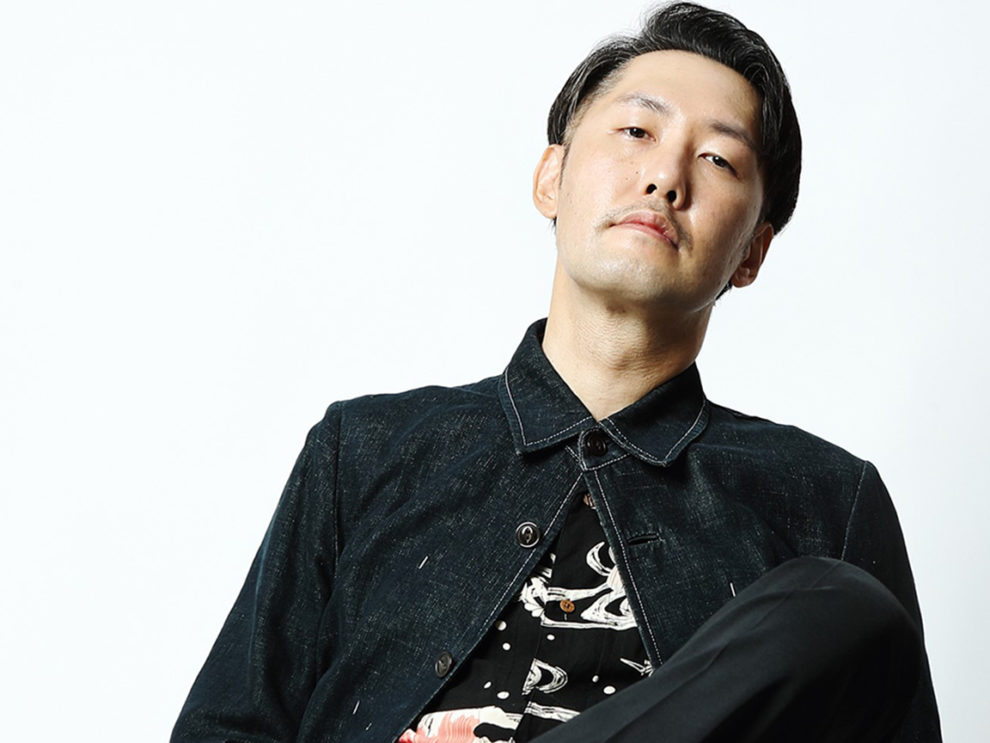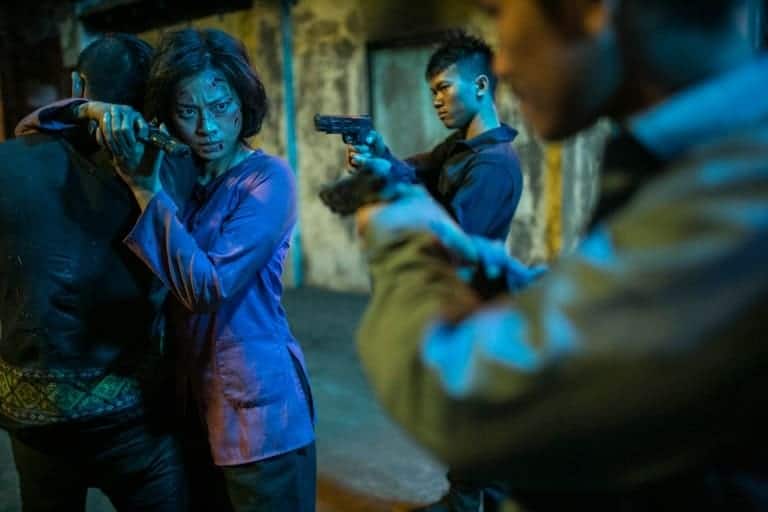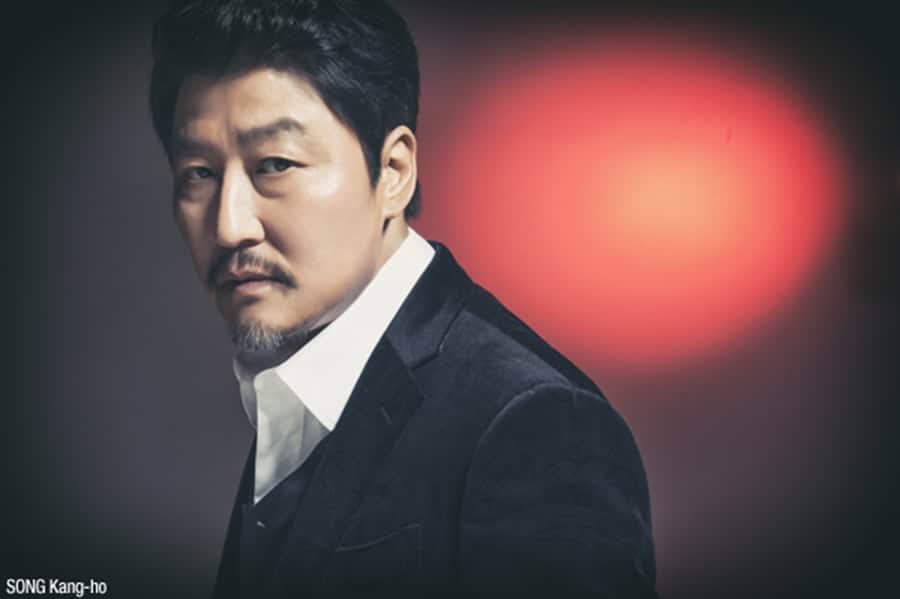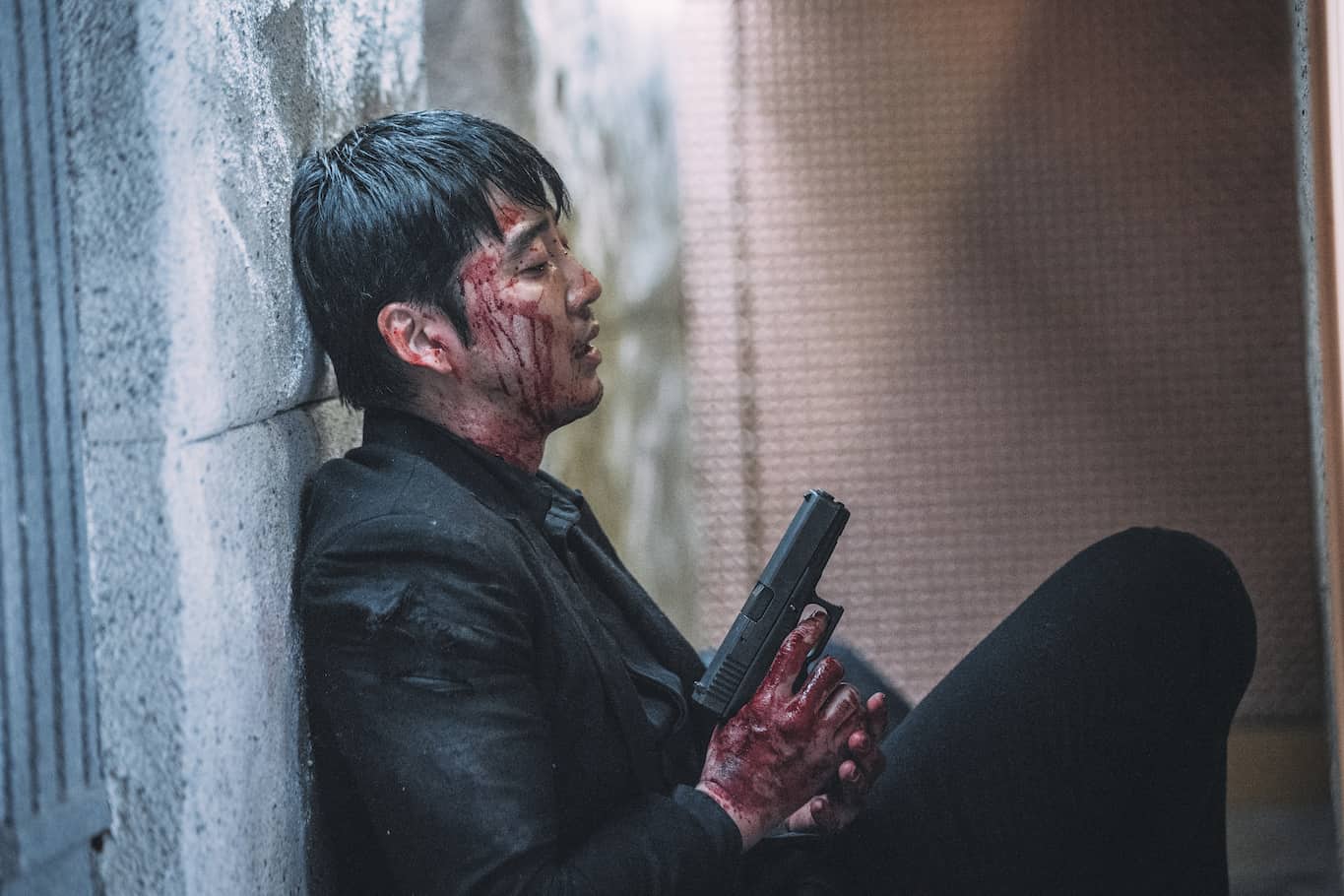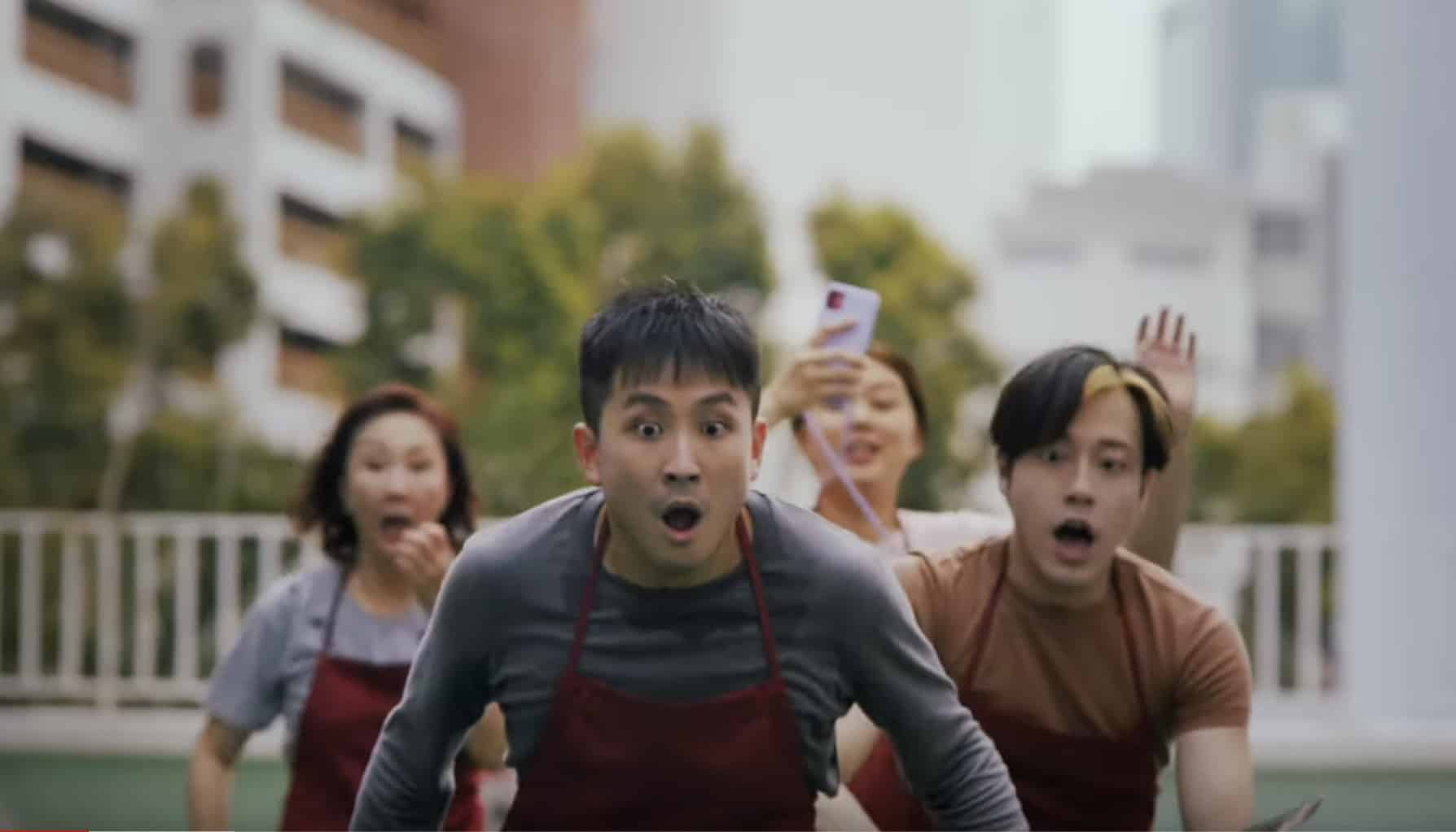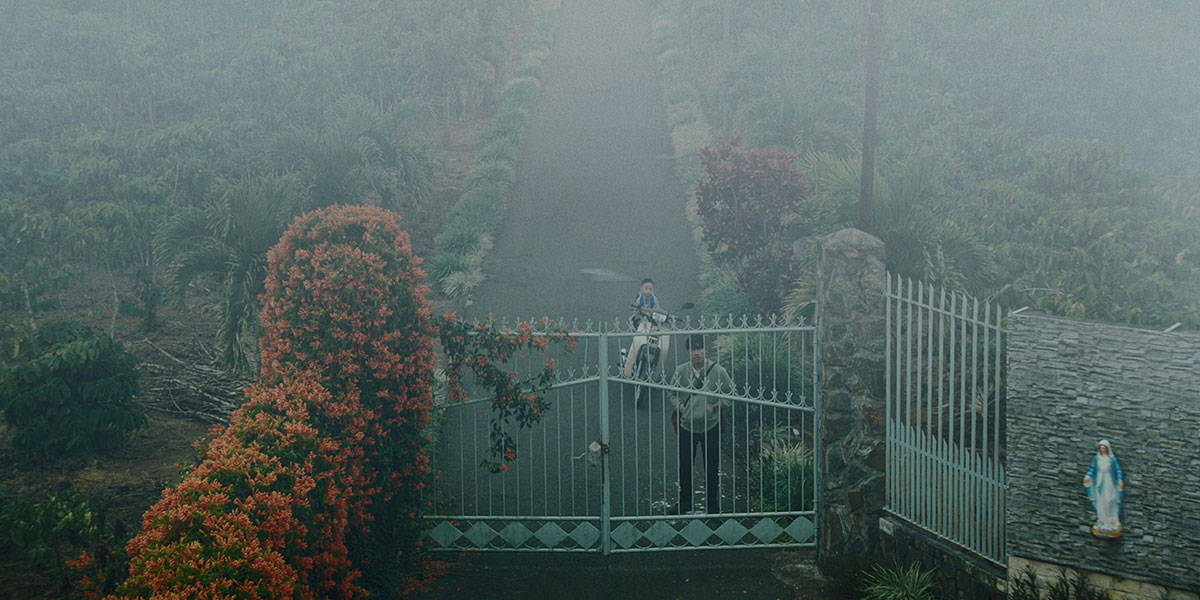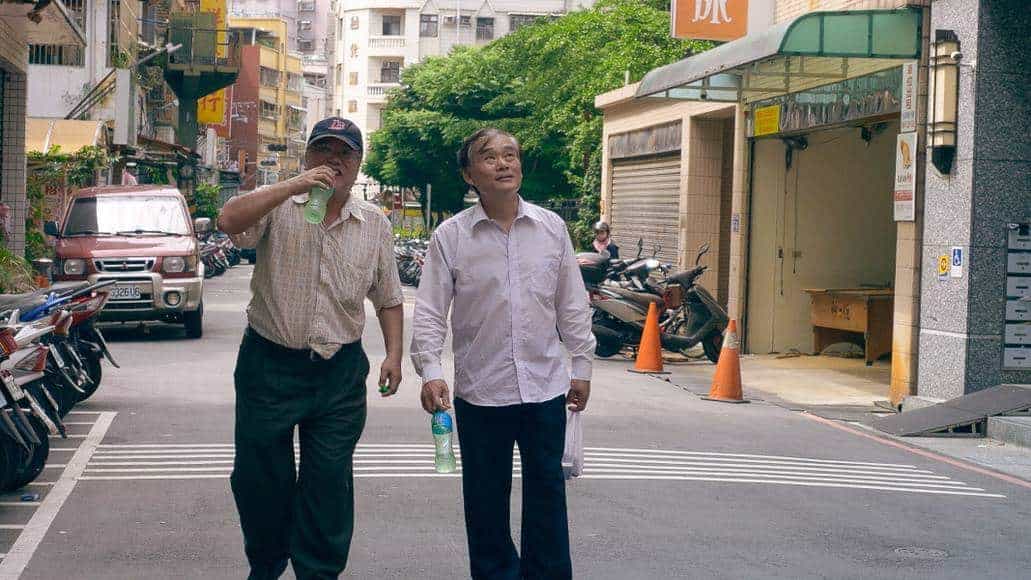Born in 1977 in Tokyo, Haiena entered a music school and began shooting films for assignments. He focused on writing post-modernist literature after graduating, and currently produces chill-out music as a beatmaker while doing physical work on a per diem basis. He founded the art group J & H Films.
On the occasion of his film “Luginsky” winning the Cinema Fan award at PIA Film Festival 2020, we speak with him about his unusual movie, the procedure of shooting it, having characters with animal heads, “smoking, drinking, shopping, watching TV and sex” and many other topics.
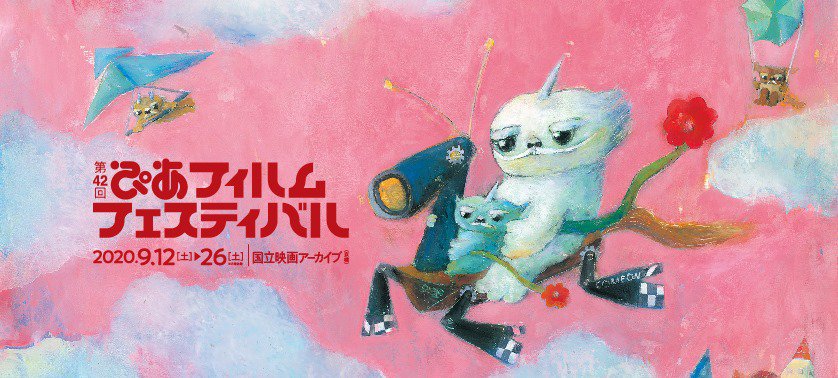
Your film won the Cinema Fan Award at PIA Film Festival. Are you proud of this success, and how do you feel will affect your future career?
In honesty, films like “Luginsky” are not really the “rule” at PIA Film festival. I thought the use of caricature, sarcasm, somewhat bizarre storyline and the fact that this film is a non “live action” work – while all these elements are indeed my personality and identity – would be judged unfavourably by such a film festival where they seek more mainstream “common sense” films, with youthful sensitivity. I really thought I would not get anything from people other than being perceived as nonsense. That is why I are very relieved and grateful for the evaluation from a group of external judges, which was made up from selected film enthusiasts, who awarded it with the Film Fan award.
Unfortunately, this award has not really influenced my career so far, either positively or negatively. It is quite possible that works like “Luginsky”, which cannot be easily categorised, are not well rated in Japan. On the other hand, thanks to PIA festival, I was invited to Hong Kong International Film Festival where the work received a great level of positive reaction. I was overwhelmed with their support, which included not just their thoughts and feedback, but also a detailed analysis of the work, or requesting for the opportunity to show Luginsky overseas. In order to be able to respond positively to them, as well as to continue our creative activity, I want to show “Luginsky” through Netflix or Amazon Prime. Currently however, I do not know how to do so, and it is little frustrating.
What was the inspiration behind “Luginsky?” Why did you choose this rather unique visual approach? How did you come up with the title?
It all started when I asked Jean-Pierre to create a film together. But Jean-Pierre is a collage artist and, hence, there were no other methods than to use “still images” to shoot this film. So I came up with an idea that a photo-romantic format such as “La Jetee” could be used to create a movie, using several hundreds of his collages. No matter how hard we tried, visually this movie was not going to be a regular, standard film, andtruth be told, I had no clue as to how to create a movie. I thought something might just happen if we tried; now looking back, it was quite an ambitious and even ridiculous approach. However, maybe thanks to the fact that we are the two somewhat reckless and zero planning individuals, we managed to create this freely.
Regarding the title, I had the impression that recent Japanese movies tend to look for popular, catchy and easily understandable titles. It may sound arrogant or me being too old fashioned, but I find this current fashion a little “childish” and calculated. I don't actually reveal who “Luginsky” is within the work and this Polish title has no relation to any of the characters in the film. I wish I can say we had many discussions and sleepless nights on the title, but in fact, this title just came to my mind as an instinct. I was little proud of myself for coming up with such a deep and cool title, but unfortunately for Japanese, the word “Luginsky” is not so familiar and often they mispronounced it as “Lujin-Sky”.
“A work can't tell the story to the audience with images alone; if it does not rely on dialogue, it is not a mature work” many conservative movie fans told me more than once. Damn them!
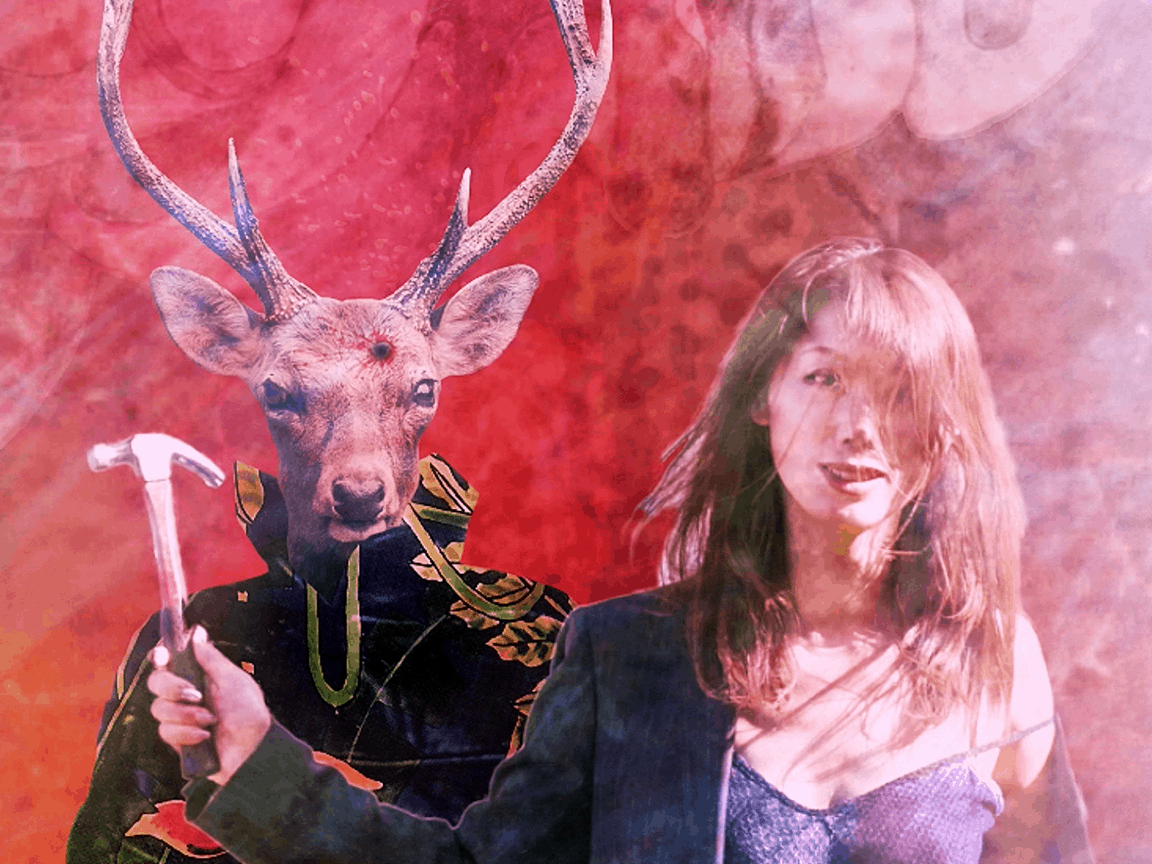
How difficult was it editing all those different elements together? Can you give some more details about the techniques you used in the movie? Can you also give us some more details about your cooperation with Jean-Pierre Fuji?
In the production of “Luginsky”, I deliberately suppressed the obvious ingenuity of letting the audience understand the story through video. Jean-Pierre's collage is complex, irregular, colourful and, at first glance, not understandable at all. In addition, when I instructed him to “make the video a little more in line with the story”, he gave me a reliable reply “leave it to me”, but the corrected video became more complicated and avant-garde than before. That was often the case.
Therefore, in order to make the best use of his paintings and to combine them into a movie, I changed my mind, thinking that the usual development of dialogue would not be ephemeral. First, following the method of music video, I focused on connecting short pictures from image to image, suppressing the concrete expression of the story. Then, regardless of whether it contradicts the video or not, I adopted the method of advancing the story with dialogue and monologue. It may be too strange to put the style of the monologue in the form of a novel instead of that of a script, but this is another regret of mine, since I have been writing novels for 20 years and could not see the light of day. Anyway, I think it was a suitable method and a good choice regarding the particular work
Why does Deerman have a deer head and the barman a Panther head, while Moucsette is a “regular” human?
If I wanted to create a work with somewhat common sensic approach, I would have used animal heads for all characters including Moucsette, to be consistent. However, I seem to have an unconscious determination to resist common sense in creation. Therefore, I didn't think it was necessary to align the faces of the characters with the animal faces. I also thought it would be impossible to express the abnormal mental state and existence of the deer man and barman with the facial expressions of a living human being.
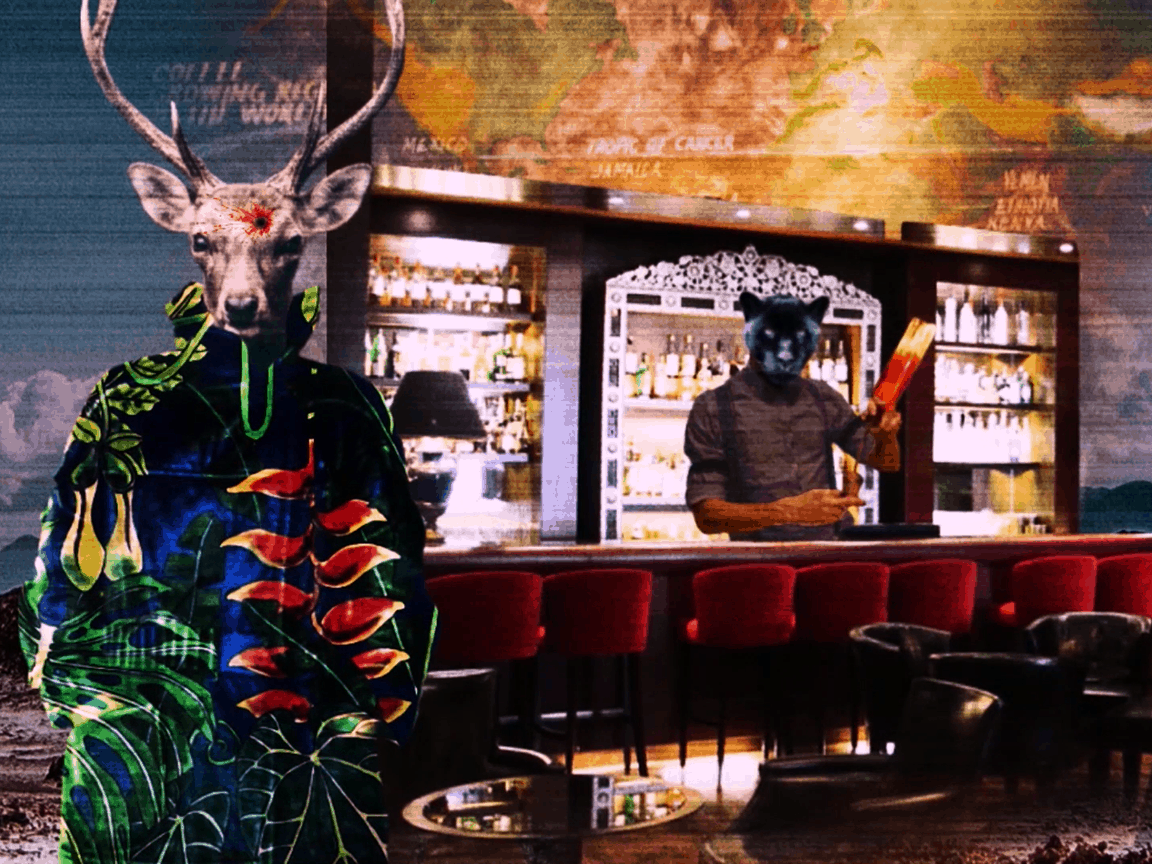
This movie focuses on the division between the rich and the poor. What do you think about this?
Every day I am disappointed and regretful about myself. Why did this happen? Why do I live in this pathetic life where, on a daily basis, realize that my life is always filled with never-ending shortcomings? Even when I reason myself with the fact that I have been unsuccessful through absorbing my life into the creation of literature and music, I cannot escape from feeling that I am miserable and a failure. Eventually, I became a man of resentment.
A ridiculously large luxury SUV drives past the rusty old 200cc bike trying hard to run. Every time I looked at this antithesis, I began to feel subservient jealousy, resentment and an estrangement from the daily lives of the rich people with their possessions and well-being which I will never be able to reach. Such feeling of emptiness somewhat influenced the story of “Luginsky”.The disparity between the rich and the poor has been given some attention, not only in Japan but all over the world, but what is certain is that I am also the person who is in the midst of this disparate society. However, it may sound like a “tough guy” approach, but I, as the party concerned [about this disparity], to claim myself to be hurt or bitter or even presenting myself as a problem, is not my way of dealing with this issue. Hence, through sprinkling some exaggerated and relentless satire and sarcasm within the story, I intended to annihilate the beautification of the structure of society, including my own existence.
Moucscetta mentions that the poor only have smoking, drinking, shopping, watching TV and sex for them, a concept that is repeated throughout the film. Can you elaborate on this?
In the world of “Luginsky” and under its system, the allowed entertainment to the general public is restricted to “TV, Sex, Shopping, Drinking and Smoking”.I used this setting somewhat metaphorically; the majority of people do not seek development or improvement within the managed society of disparity between higher citizens and the “common” people, who have no choice but to seek distractions among the simple entertainment of daily consumption.
Even though Japan is quite non-religious as a society, the expression of sex is seen as a kind of taboo, which seems to be stuck in the 20th century mentality. Uncontrollable individuals such as myself, cannot adapt to the rigid world; like being diligent, being an average person, not being adventurous, and having such a way of life and everyday life as the norm. I cannot approve a society where people claim that they are free individuals, where, in fact, are just stuck to their old moral values, not being aware of their own unhappiness because they cannot even have a love affair to seek orgasms. I deliberately stressed these words which “they” would disapprove; “TV, Sex, Shopping, Drinking and Smoking” to highlight a hope that open minded people would enjoy the work and I would be able to meet with those who can communicate with me.
What is your opinion of the Japanese film industry at the moment?
I have in fact no clue about the film industry. I just continue making what I want to create.
Are you working on any projects, and will you continue on this experimental path?
I am currently working on the sequel to “Luginsky”. I am hoping to complete it by Spring 2022. I am also working on an individual work to enter into PFF scholarship at PIA film festival. I am not sure it will be selected or not, but I just cannot detach myself from Jean-Pierre and the friends whom I collaborated for “Luginsky” with. Unless they want to abandon me, no matter how poor I become or in what situation I get into, I will continue creating. There isn't anything else that I want to do.


